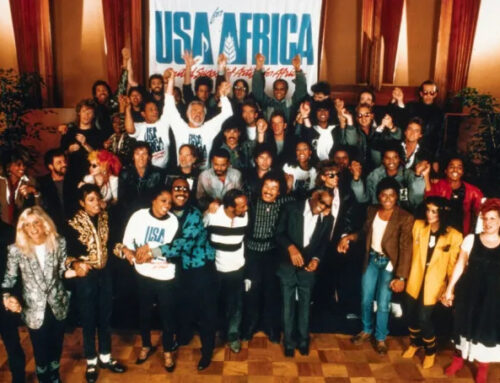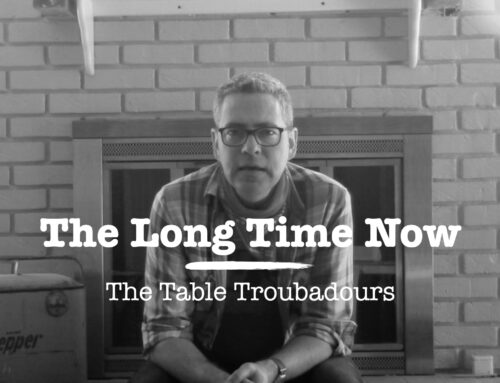 (photo courtesy of Randi Anglin). This weekend Seth Godin learned a “shocking” truth that many of us have known for a long time: that ministry can be tedious, boring, and uninspiring. It can become “just a job.” As a matter of fact, it will.
(photo courtesy of Randi Anglin). This weekend Seth Godin learned a “shocking” truth that many of us have known for a long time: that ministry can be tedious, boring, and uninspiring. It can become “just a job.” As a matter of fact, it will.
Unless you are proactive against it.
There is a lot of pressure on ministers, particularly on those that are involved with music, to please people. Musicians are often hard-wired to seek confirmation and validation from others. I know I am. In ministry, this can even feel right. We love others, we serve them, we bless them, we may consider their tastes and preferences above our own. In return, we really hope they like us. If they do, we feel good and think that this ministry gig is not so bad after all. But this system is unsustainable. It’s too people-focused and eventually someone is not going to like the way we do something. We burnout.
What to do? There’s an interesting expression in the Bible that I try to remember: ministering to the Lord.* It’s good to minister to others, being a worship leader requires it. But what’s most important is that you are ministering to Him. And don’t think you can do both at the same time. It’s not that easy. These acts are sequential, not simultaneous.
I believe that the most important thing you can do as a worship leader is to first be a worshiper. Are you focusing on Him? Are you taking time for quiet reflection and prayer? Are you reading the Word? Are you worshiping Him on your own? Alone? Are you meditating on the Word? Are you letting the Word speak to you on it’s own terms or are you just using it to plan your next church service or to write a song lyric?
It’s tricky out there. Guard your heart.
I also struggle with this. What do you do to keep your music ministry from becoming “just a job”?
* See Ezekiel 44, Acts 13, and Revelation 1. Want more? See these blog posts by Jeff Goins and JD Walt.
2 Comments
Leave A Comment
Read my comment policy.











The article itself is right on. Very perceptive and true. But the question at the end: instead of answering it, I may question it.
Of course, the phrase “just a job” is a telling one. If your last name is Smith, you had an ancestor back there in the Middle Ages somewhere whose job as a blacksmith was such a part of his identity that it became his name. What you did was who you were: Taylor, Schumacher, Miller.
Names like this should remind us that we’re in a weird place and time, when we seesaw between two extreme approaches to career: that it doesn’t define you, and that it should be incredibly fulfilling. Our ancestors, those tailors and shoemakers and millers, knew better. Your job does define you in some way, and slogging away at it is a noble calling; and therefore it doesn’t *have* to be incredibly fulfilling.
Paul the Apostle was a tentmaker.
I’m a professional musician — composer, arranger, producer, worship leader, jazz performer. The times when my work becomes tedious and sloggy, which happen often, are the times I can look back on with most joy, because there’s nothing mere about a job, and there’s nothing mere about digging into it.
When leading worship, thinking about the tempo, writing in a key change at just the right moment, adding or subtracting an instrument, changing ranges, coming up with the perfect riff, adjusting the microphone or the instrument — this is when I’m at play in the fields of the Lord, where discipline and freedom become indistinguishable. These aren’t distractions from worship: they *are* worship.
When you discover your ministry is “just” a job, then rejoice, and do the job.